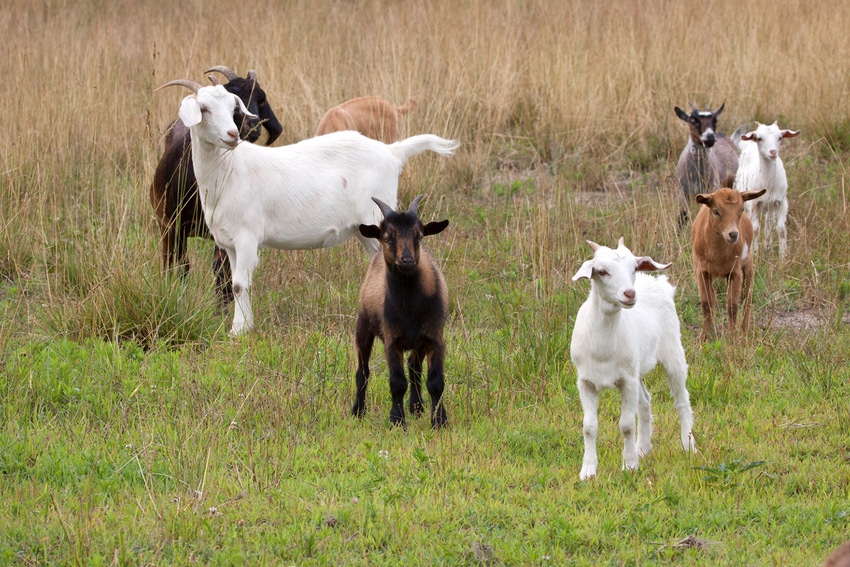Researchers overcome challenges of identifying and characterizing genes related to immune system of animals, including humans.
November 20, 2017

The Immunogenetics Group at The Pirbright Institute in the U.K. has identified the position and function of specific genes in the goat’s genetic code that are responsible for antibody production.
Until now, identifying and characterizing the genes related to the immune system of animals, including humans, has been a great challenge. However, Pirbright researchers have applied new methodologies to overcome this, according to an announcement.
Traditional methods to sequence genes rely on breaking them up in to tiny, manageable pieces, reading the short sections and then piecing them back together using computer analysis that examines how the short bits of code overlap. This is known as short-read technology. The genes involved in programming the immune system are, by their very nature, extremely repetitive. This causes problems when trying to piece the sequence back together, because — sort of like completing a puzzle with lots of similar-looking pieces — it’s nearly impossible to find overlaps when so many of the short sections are nearly identical.
An international team of scientists, including Pirbright researchers, previously used a combination of long- and short-read technology to assemble the goat genome, successfully creating the most complete mammal genome to date. Long-read technology looks at longer sections of genes and, therefore, makes it easier to reconstruct the sequence, the researchers said. However, this is also more prone to errors. The researchers used short-read technology to correct errors in the final sequence.
The combination of the two approaches allowed them to accurately characterize the genes associated with the goat immune system, which was explained in a recent Immunogenetics paper.
“Antibodies are critical constituents of the immune system which are able to specifically bind to pathogens and, therefore, control disease. Because of this, the variety of antibodies expressed by any given individual is immensely diverse and influenced by vaccination and infection," Dr. John Schwartz, author of the paper, said. "By knowing the genetic sequence responsible for antibody production, we can better understand how animals are able to respond to disease.”
Such discoveries are significant because the domesticated goat is an economically important species for agriculture, particularly in developing countries, where most of the world’s goat population live. Goats are also used for the production of antibody-based reagents in agricultural and biomedical research.
This research was funded by the U.K. Biotechnology & Biological Sciences Research Council, the U.S. Department of Agriculture's Agricultural Research Service and the Agricultural Food Research Initiative.
You May Also Like


.png?width=300&auto=webp&quality=80&disable=upscale)
